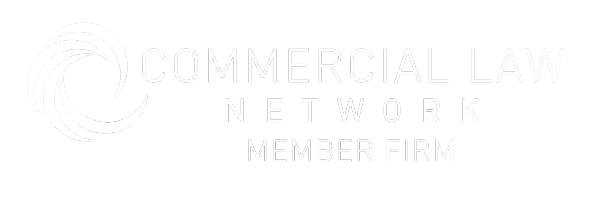As a landlord in Scotland, you have numerous legal responsibilities to your tenants. Under Scottish law, there are legal requirements to ensure the safety of your tenants, ranging from electrical and gas installation, prevention of fire, structural maintenance, and many more. You would be forgiven for feeling somewhat overwhelmed at all the legal responsibilities and obligations you need to take account of. So, where do you start? Read on for our guide on everything you need to know about Scottish landlord legal responsibilities.
Credible
As a landlord in Scotland, you have a responsibility to be credible in your role, therefore you must adhere to all the relevant legal requirements regarding letting out property in Scotland. All landlords in Scotland must be registered with their local council or authority via the Scottish Landlord Register. This is set in Scottish law and so failing to register is a criminal offence and could lead to a fine of up to £50,000. Anyone else whose name is on the title deeds of your property needs to register also.
Be mindful that once your licence is approved, it is only valid for three years. Therefore, if you wish to continue letting out property after this period, you must renew your registration according to Scottish law.
If you’re planning on renting out your property in Scotland to three or more unrelated tenants, you must by law apply for a House of Multiple Occupancy (HMO) Licence.
It’s also a good idea to apply for Landlord Accreditation. Although not a legal requirement, it can strengthen your position as a landlord in Scotland. It will boost your credibility and encourage tenants to rent out your properties over those of landlords who are unaccredited.
Safety
A fundamental legal responsibility for Scottish landlords is ensuring the safety of the properties they let out. As a legal obligations, all properties must meet the gas, electricity, carbon monoxide, and fire safety requirements. You should also undertake a legionella risk assessment on any properties, as well as make sure that they meet the requirements of having a clean water supply.
It’s essential that all gas appliances carry the relevant safety certificates from qualified engineers listed on the Gas Safe Register. Furthermore, all gas safety checks should be recorded and retained and must be issued to the tenant within 28 days of them being carried out.
You must ensure that all electrical appliances and electric systems within any property you let are safe to use. You should also make sure you provide your tenant with any accompanying documents and instruction manuals for all appliances, as well as copies of Electrical / Gas Installation Condition reports and certificates.
You should know the energy performance rating of your properties and be able to provide your tenants with an Energy Performance Certificate (EPC). Don’t forget that the EPC rating must be included in any advertisement for your property, otherwise you can be fined up to £1,000.
You also have Scottish legal responsibilities to protect your tenants and property from fire. By law, every home in Scotland must be fitted with mains-powered interlinked smoke alarms. It is therefore crucial as a landlord in Scotland that you ensure all your properties are equipped with the relevant detectors that meet the Scottish Government standards. The Scottish Government’s Guidance on Fire Safety provides more details on this regulation.
Remember that you might require a building warrant to install any mains-operated alarms on your property, so check with your local authority beforehand.
As a landlord, it is your responsibility to ensure that all smoke alarms are working properly and are regularly maintained in accordance with the manufacturer’s recommendations, so encourage your tenants to test their alarms every week.
You should also ensure that any furniture you supply within your properties meet the relevant requirements as part of the Furniture and Furnishings Fire Safety Regulations 1988.
Repair and maintenance
All Scottish landlords have a legal requirement that their properties meet the Repairing Standard. Put simply, this means that properties should be wind and water-tight and that all electricity, gas, and heating systems should be in a reasonable state of repair.
Scottish landlord obligations state that you must maintain the structure and exterior of any property you let out and that you attend to any common repairs that need done. Make sure you give your tenants notice – at least 24 hours – if you intend to gain access to the property and ensure you have their permission beforehand. It’s also recommended that you provide them with written notice about any repair work that needs to be carried out.
Tenant responsibilities
Scottish landlord legal responsibilities require that you treat your tenants with dignity and respect. Everyone is entitled to their privacy, so you should seek to honour your tenants’ peace and quiet, and always give them prior notice of at least 24 hours if you wish to access the property. You should aim to be professional and approachable, so that they’re happy to contact you if needs be. If you can, consider making the necessary adaptations for tenants who are disabled, and always take any complaints seriously.
As one of the Scottish legal requirements, you must give your tenants a tenancy agreement as well as all the relevant information notes for their occupancy when they first move in. Make sure you understand the Scottish law on tenancy deposits – these must be registered with an approved deposit scheme and, by legal obligation, must be lodged within 30 working days of the start of the tenancy.
Contact us
If you’re a landlord in Scotland and you wish to know more about your legal responsibilities when letting out property, get in touch with our team of experts.


